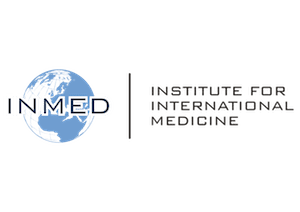Scholarly Project
An INMED Scholarly Project is the capstone requirement for the Master’s Degree in International Health (MIH). Learners will select, design, and develop a scholarly project relevant to their career interests. An INMED faculty will be assigned to assist the learner with each step of the process, guiding the learner through project completion. Scholarly projects may […]








